Haramaya University to go in line with current needs for quality seed production.
Haramaya University College of Agriculture and Environmental Sciences, in collaboration with the Ethiopia-Netherlands Seed Partnership Project, conducted a national MSc. curriculum review workshop at New Blossom Hotel and SPA on December 9, 2023.

While the workshop was about seed sciences and technology, external reviewers, senior staff of the College of Agriculture and Environmental Sciences, invited guests from the Ministry of Education, and other stakeholders attended the curriculum review workshop.
Dr. Zelalem Bekeko, dean of the College of Agriculture and Environmental Sciences, said in his welcoming remarks that the concept of seed science and technology is the link between variety improvement and the realization of such improvement by the growers and farmers following scientific methods of seed multiplication, processing, storage, and maintaining a high quality of seed. In implementing this, however, profitable production of high-quality and genetically pure seed requires adherence to a set of practices that are specific not only to the crop and climate but also to the genetic constitution of the variety in use, added Dr. Zelalem.
While the need for reviewing is to help students develop themselves into competent professional managers for agriculture, seed sector development, the agricultural seed market, and other allied businesses, the current seed science and technology program is being redesigned. To achieve the desired goal, this revised curriculum has been prepared with a medullar, student-centered, and competency-based approach. In addition to reviewing the current curriculum in a way students can be better involved, the experience obtained from this curriculum will also help in devising the university’s move in that direction, in which industries, donors, and universities are interlinked for a common goal. For the process of the review, the Ethiopia-Netherlands Seed Partnership Project has supported €150,000, according to Dr. Zelalem.
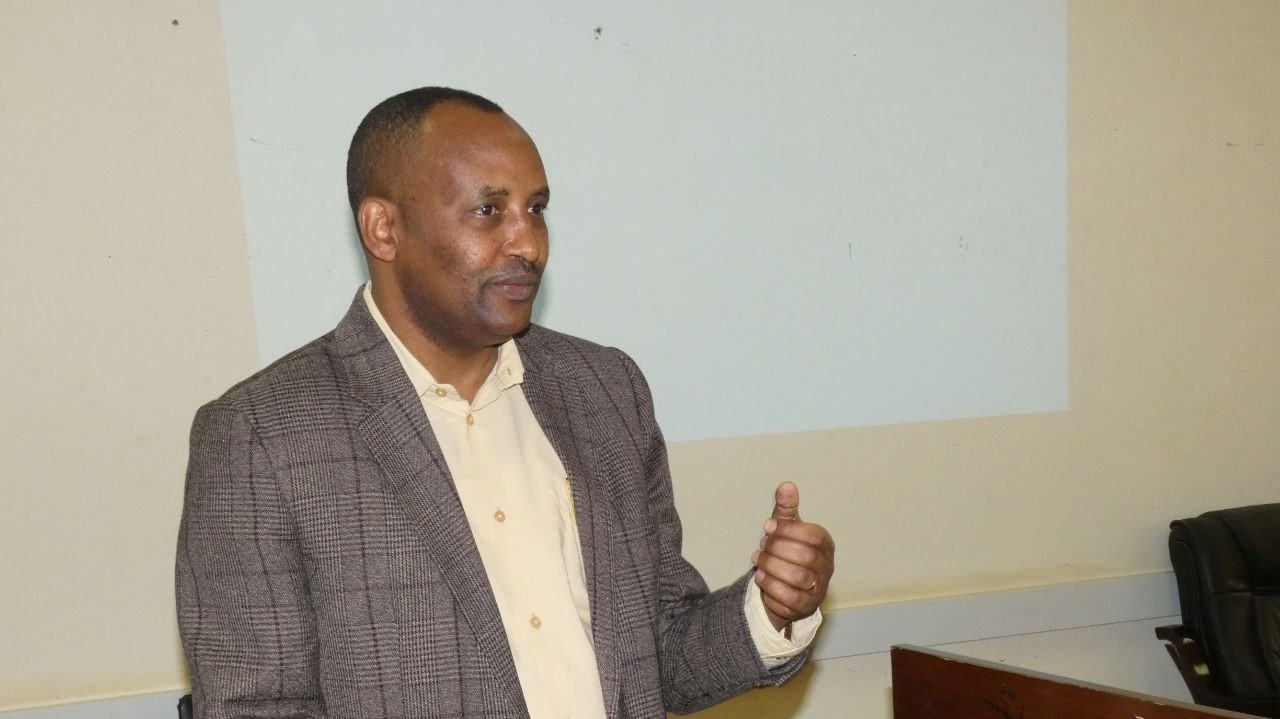
During the workshop opening ceremony, Dr. Yiheyis Bogale, director of the university’s registrar’s directorate and delegate to the vice president for academic affairs, said that agriculture is the backbone of our economy because it employs the majority of the workforce, contributes significantly to both GDP and foreign currency earnings, and supplies the majority of raw materials for local industries. However, the sector’s productivity is low because of under-utilization of improved agricultural inputs, a low level of technical know-how, and a lack of marketing and credit facilities. To make the matter worse, global climate change is amplifying existing environmental challenges. Even though the sector is not free of such problems, it is known that one venue of intervention is producing qualified personnel in seed science and technology.
Considering this, Haramaya University launched the MSc. program in seed science and technology in the 2008–2009 academic year. However, recognizing the evolving nature of education and the dynamic nature of curriculum, the college has found it necessary to revisit the curriculum to align it with the new developments and current scenarios, so the revised curriculum is believed to hopefully address some of the seed sector constraints in Ethiopia.
It is also important to be aware of the fact that the government, through its many initiatives, has put forward strategies towards improving the sector and making it more productive and resilient to climate change and unforeseen circumstances than the present efforts.
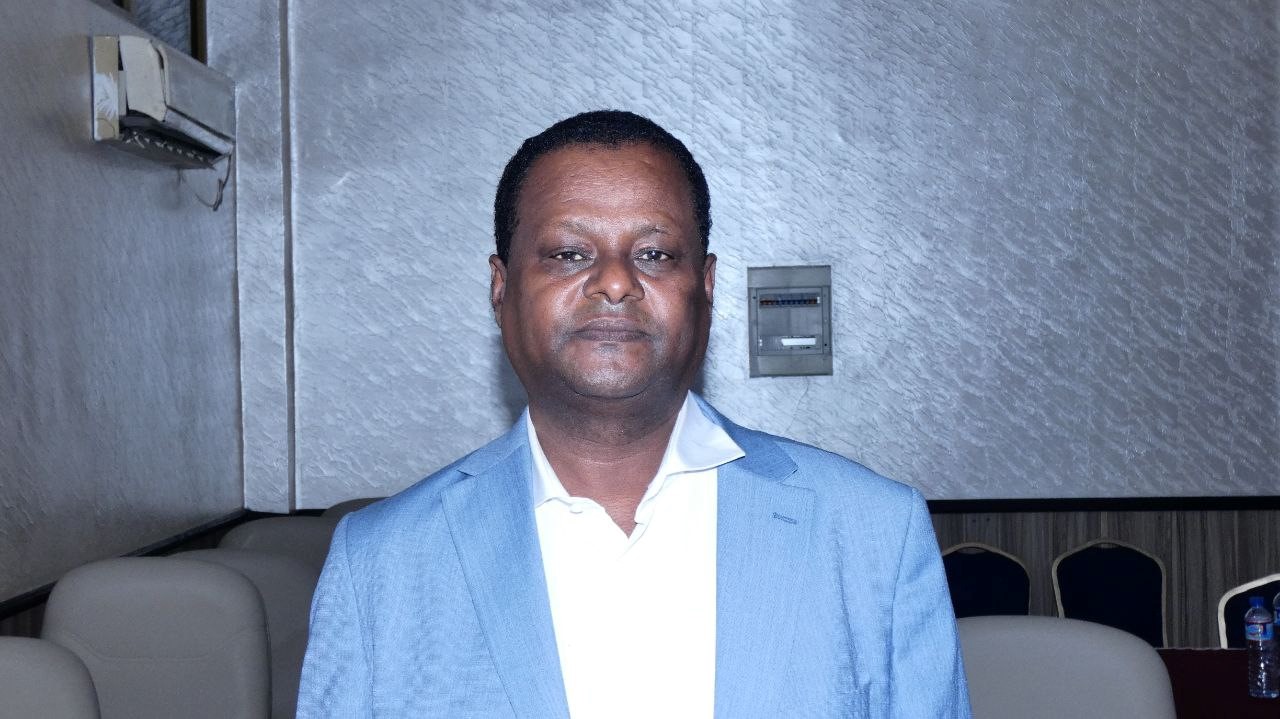
Mr. Besufekad Hailemarim, who is a senior expert in the curriculum of academic programs at the Ministry of Education, said that the curricula of the higher education institutions in the country need to be reviewed regularly in line with current national and international conditions. One of the responsibilities given to the Ministry of Education is to monitor and support the universities in ensuring that such conditions are met in their curricula. In this regard, Haramaya University is appreciated and encouraged to continue to meet the remaining requirements in the future, added Mr. Besufeqad.
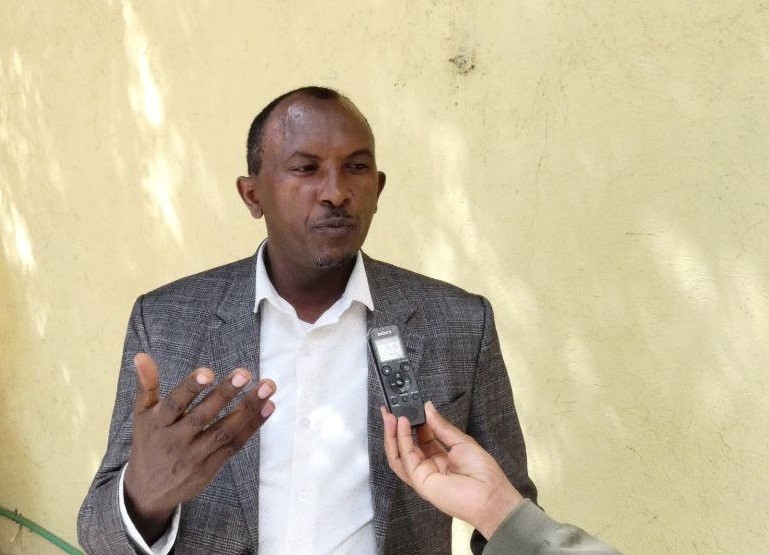
Dr. Amsalu Ayana, an employee of the Ethiopia-Netherlands Seed Research Project at the Ministry of Education and an external reviewer of the revised curriculum, said that the curriculum being reviewed is a curriculum that has been in use for 15 years. This curriculum needs to be adapted to the current development of the country’s agricultural sector and the demand for quality and improved seeds.
Finally, Dr. Amsalu admired Haramaya University for its scientific research in quality seed production and its experience in reviewing its curricula to meet dynamic conditions, and he expressed his hopes that this curriculum would be effective.
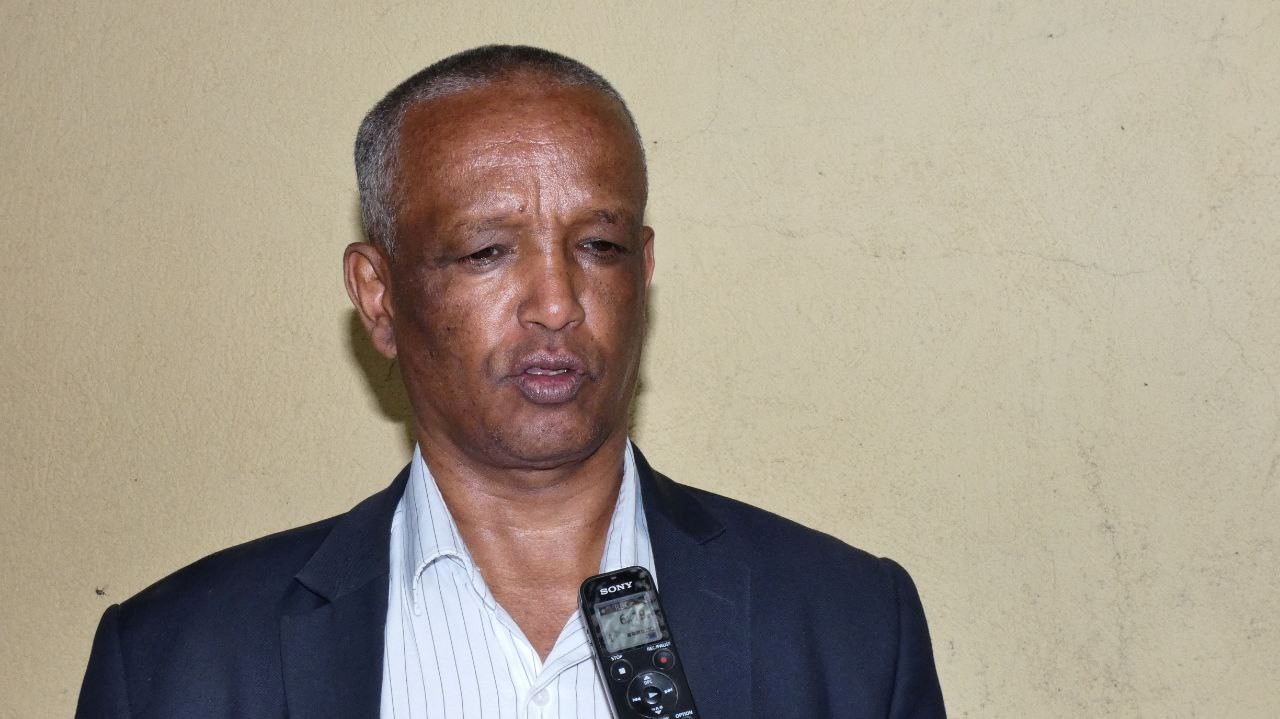
Group photo during the Curriculum review workshop
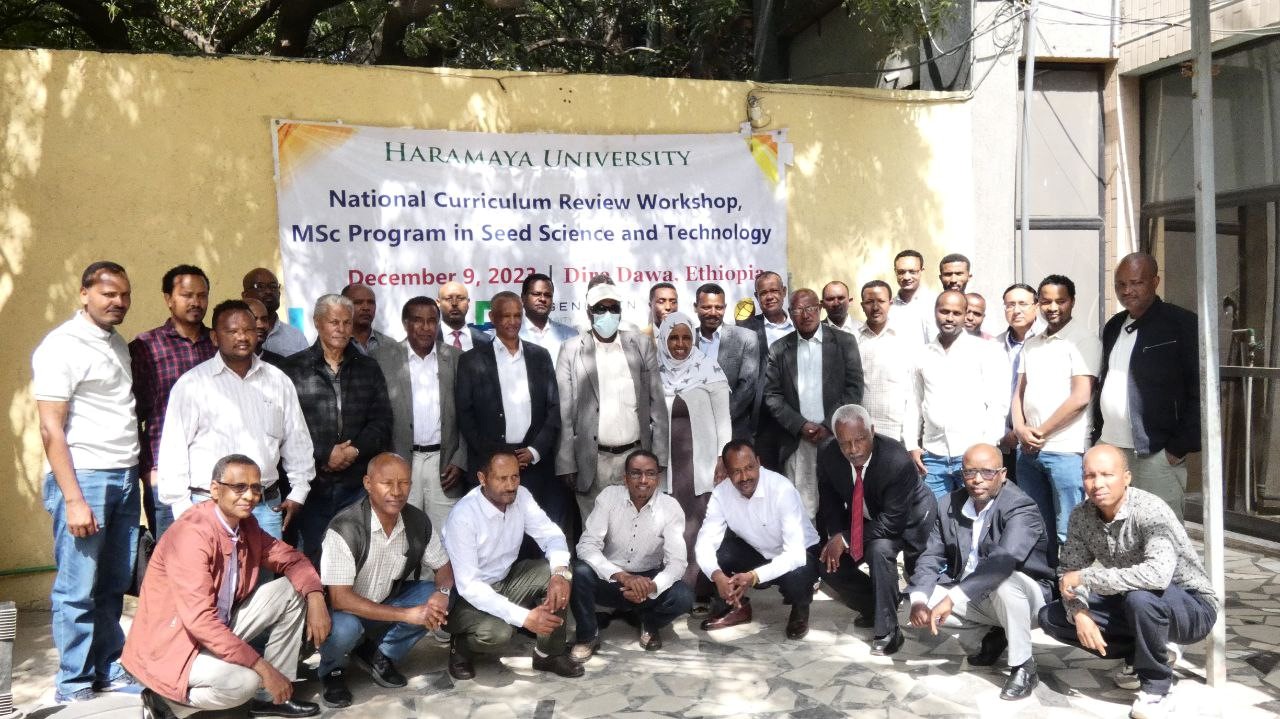
By: Aweke Ayalneh
Camera: Tewodros Lishan

